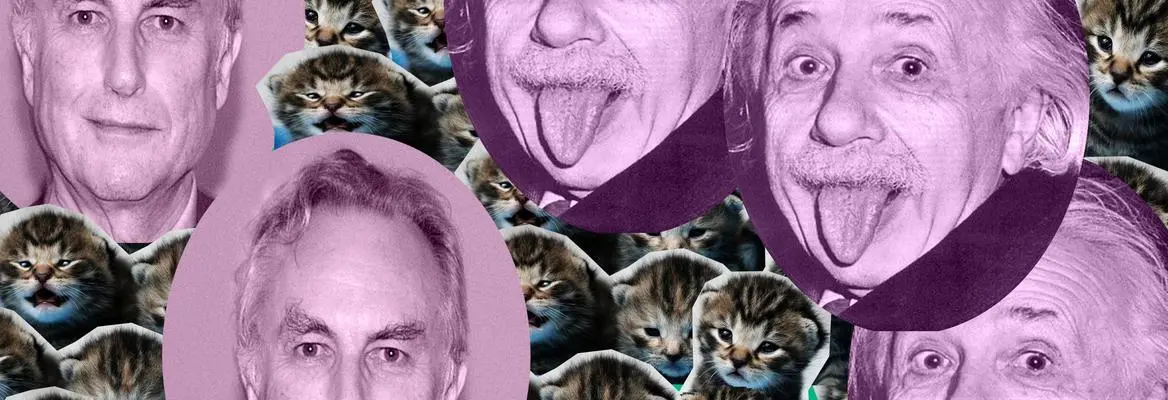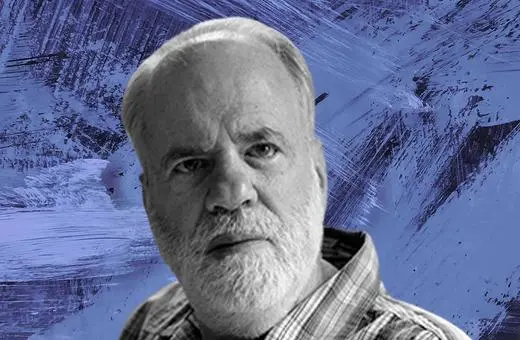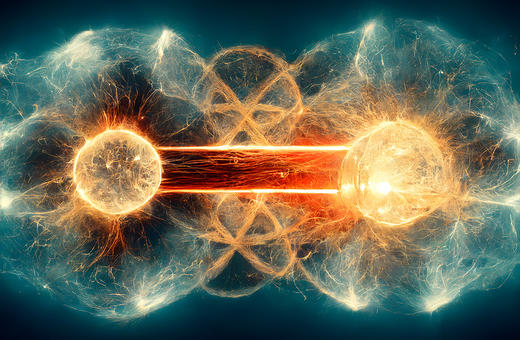Stephen Hawking's recent death was on the front pages of newspapers and trended on social media. Cher and Katy Perry tweeted about it. It's not often that science or scientists get so popular. In this interview with Columbia University philosopher of science Philip Kitcher, author of multiple books including Science in a Democratic Age, we discuss how and when (some) scientists turned into celebrities, and what are the benefits and costs we derive from that, in a culture that celebrates memes and distrusts experts
—Paula Erizanu
PE: Could you explain the appeal of Hawking, Dawkins and Einstein as celebrity scientists?
PK: So Dawkins and Hawking are very different cases.
There’s a really healthy side to the celebrity science movement and that is the tremendous increase in our acceptance that scientists, including eminent scientists, might write for a broader public. I think that’s something that’s happened over the past 40 years. Forty years ago scientists who wrote popular science books were sneered at and that doesn’t happen anymore.
The idea that science should be available to the broader public is now widely accepted in the scientific community and I think that we owe a lot to the people who pioneered that movement – Carl Sagan, and Lewis Thomas, Steve Gould, and Richard Dawkins. I disagreed with Dawkins sometimes, I agreed with him sometimes but I absolutely take my hat off to him for what he’s done in increasing the public understanding of science.
That was really his mission. That was something that it seems to me he did more rather than advance his own scientific ideas. I mean, Dawkins is an original thinker in evolutionary biology but not someone who will be known because of his original ideas. But more because of the way in which he made evolution available to a very broad public. I think he deserves a lot of respect for that.
Hawking is a different case because you have someone who, like Einstein, is widely acknowledged as a scientist of the very top magnitude. He also is someone who had very severe difficulties but overcame them and was able to work so productively and so brilliantly, and that obviously captured the public imagination.
___
"Becoming a celebrity may make you more isolated from the team work that is at the core of scientific research. "
___
In the case of Einstein and of Hawking you have very prominent scientists who partly because of the power of their ideas but largely because of their personality features, have come to be public figures.
Dawkins is a different case – in the case of Dawkins you feel like this is someone passionate about science as a whole and in communicating it. He has a great talent for presenting and he’s used that talent extremely well in educating the public. But I think about him more as someone who has created this new role rather than as a great scientist who is also a public figure.
PE: But Dawkins is not only known as a scientist, but also as a champion for atheism. Does celebrity transform scientists into political figures?
PK: Dawkins’s New Atheism is recent, really only about a decade long.
Dawkins and I disagree enormously on this. I’ve written about my own secular humanism and the need for an alternative to the kind of hardline atheism Dawkins purveys. That’s not a side of Dawkins I particularly like but that is entirely separable from the work he did as a professor of the public understanding of science. About that I’m going to say three rousing cheers.















Join the conversation